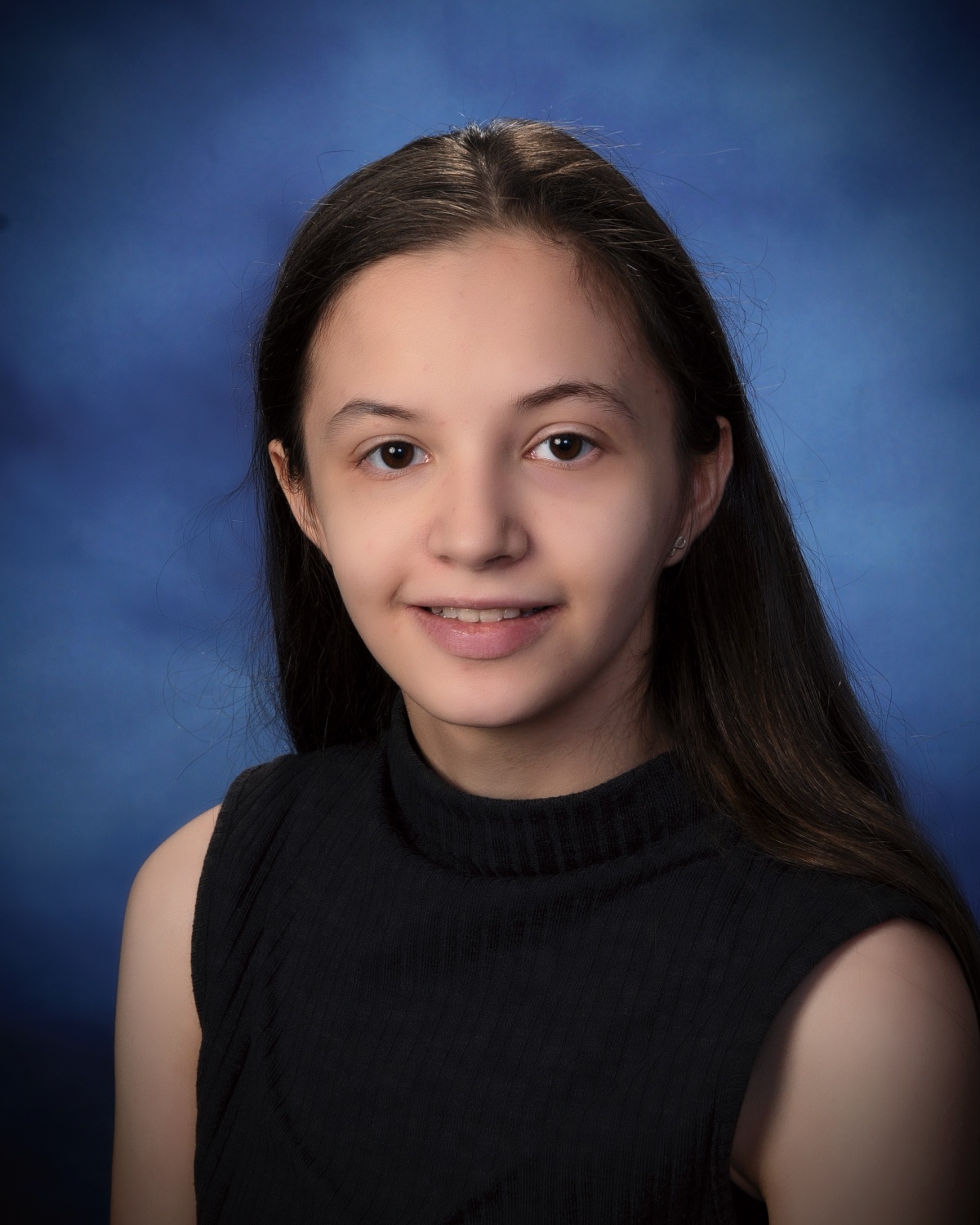
Raleigh W. 2023 | BASIS Independent McLean
- Project Title: Applicability of CAPMM-Developed Technologies to Canine Comparative Oncology Studies
- BASIS Independent Advisor: Carrie May
- Internship Location: George Mason Center for Proteomics and Molecular Medicine
- Onsite Mentor: Dr. Lance Liotta
By far the most common lab animals are rats and mice. However, they are not good cancer models because they do not develop cancers naturally. Dogs do. How do we responsibly analyze canine tissues, as well as apply the results to humans? What techniques are commonly used, and could those developed by George Mason University’s Center for Applied Proteomics and Molecular Medicine (CAPMM) improve the cost-effectiveness, validity, or scope of results? This spring, I will assist with cell culture and immunohistochemistry in the CAPMM laboratory, gaining first-hand experience with CAPMM techniques. I will theorize how these techniques, which have only been used on humans, can be applied to canine tissue, blood, saliva, urine, or other bodily secretions. In order to answer my questions, I will first conduct a literature review of tissue analysis technology. I will compare it to CAPMM’s techniques and conclude on the most promising potential applications of CAPMM technology to canine tissue analysis, whether from detecting uncommon proteins to being faster or cheaper. I believe CAPMM technology will exhibit an edge in its specialty: detecting molecules, called biomarkers, whose presence hints at the best way to approach cancer treatment. Given 600,000 people are predicted to die of cancer this year, and that 92% of cancer studies fail to move from animals (overwhelmingly rodents) to humans, the research has the potential to substantially inform future studies.
